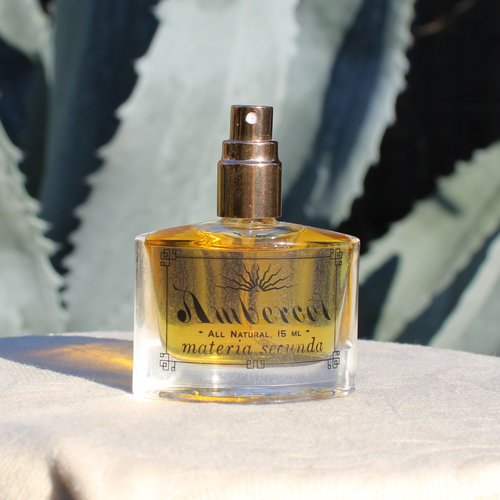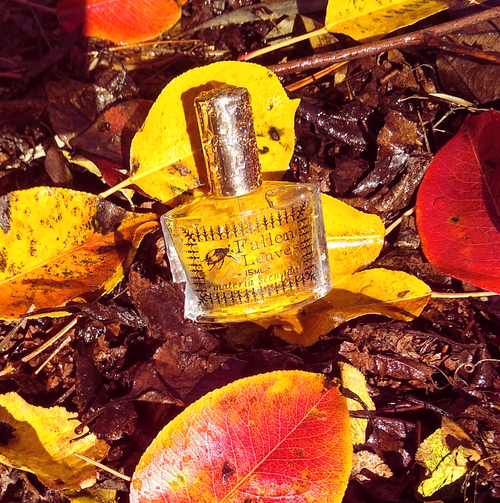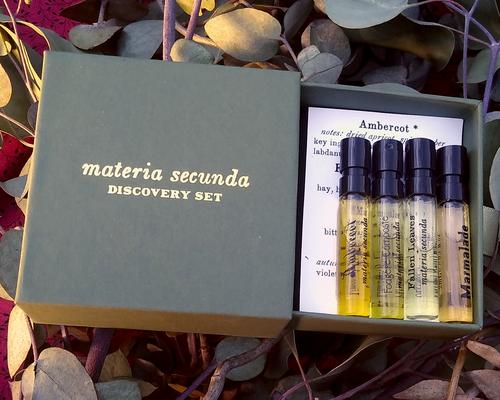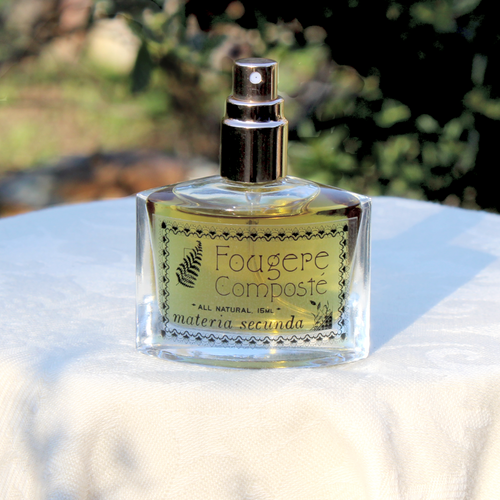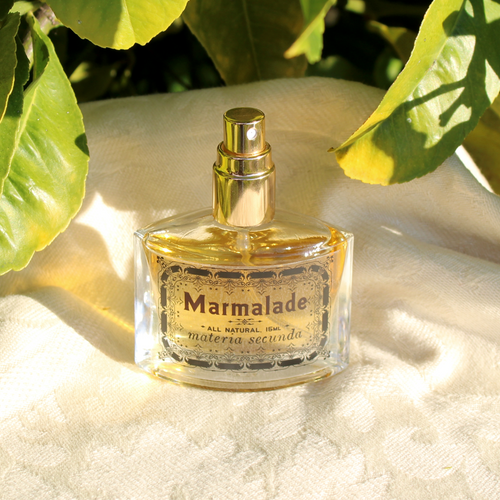I:
THE PRINCIPAL objective of historical alchemists is often oversimplified as the transmutation of lead into gold. In fact, they sought to understand a secretive material called the "prima materia," frequently working in ciphers to hide its name. Latin for "the first material," prima materia was imagined to be a divine substance: a formless, primal material from which everything comes. If the prima materia could be understood, it would mean that human beings could create anything they desired:
"They have compared the 'prima materia' to everything, to male and female, to the hermaphroditic monster, to heaven and earth, to body and spirit, chaos, microcosm, and the confused mass; it contains in itself all colors and potentially all metals; there is nothing more wonderful in the world, for it begets itself, conceives itself, and gives birth to itself."¹
II:
"Materia secunda" has several meanings. Firstly, if "prima materia" represents the substance of the heavens, then "materia secunda" represents the material of the earth. In Latin, "secunda" translates to "the second," but it also carries a more specific meaning: "that which follows." For ancient sailors, "secunda" referred to "a favorable wind"—one that blows from behind², filling the sails.
So then, "materia secunda" can be understood as the earthly materials that, when applied to the body, follows wherever you go: an auspicious³ wind.
III:
In the early 1800s, chemists developed the first human-made scent compounds, revolutionizing fragrance creation. Expensive and incompatible materials could now be recreated and refined. Entirely new materials were made from "thin air,” sparking an explosion of innovation and novel scents. But today, creativity has stagnated, and modernity is dead. What we too often find are vile chemicals so-labeled "perfume." Materia Secunda is a humble attempt to initiate a new dialectic in fine fragrance creation, by revisiting the historical era that modernity discarded and forging a new synthesis.
1. Theatrum Chemicum, præcipuos selectorum auctorum tractatus de Chemiæ et Lapidis Philosophici Antiquitate
2. "Secunda" is a possible origin for the phrase "second wind."
3. adj.: Filled with potential.

